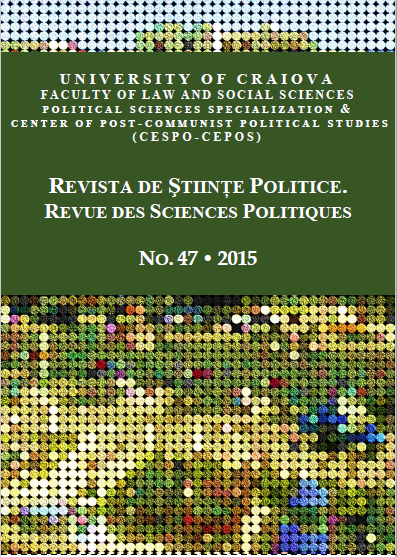Constituent power – the essence of democracy
Constituent power – the essence of democracy
Author(s): Andreea Ana-Maria AlexeSubject(s): Constitutional Law, Government/Political systems
Published by: Editura Universitaria Craiova
Keywords: constituent power; legitimacy; legality; Constituent Assembly; democracy;
Summary/Abstract: The concept of constituent power is a purely democratic one, and democracy (in literal translation “leadership by the people”, from the Greek word “demokratia”, from demos, “people” + kratos, “power”) is a political regime which is based on the will of the people. In a democracy, constituent power belongs to the people, this freedom initially belonged to the individuals who, accepting the social pact, gave their share of sovereignty to the community and so they received a freedom guaranteed and protected by the law. The People as constituent power has the will to organize themselves, to establish a legal system and a form of government, only in this form a Government is legitimate. However we shall consider one of the problems debated in this matter: “The people can’t decide until someone decides who the people are”, so we face a constitutional dilemma, democracy implies a certain group of members who are actively involved in the democratic process, to express their opinion, to participate in the democratic process of decision-making. However, for the initial founding decision of the demos, its boundaries are not yet established and it is therefore unclear who should take part in the decision-making (Jennings, 1956: 56). This means that setting a government and setting limits to their governance takes place outside the democratic process – this is the dilemma of the demos’ limits in democracy that has been widely discussed in the literature. This study aims to clarify these conceptual and normative dimensions. Essentially, the question guiding this paper is: what is the link between democracy and constituent power and how can this influence the legitimacy? This means addressing the demos not only as the basis, but also the object of legitimacy (Scherz, 2013: 1).
Journal: Revista de Științe Politice. Revue des Sciences Politiques
- Issue Year: 2015
- Issue No: 47
- Page Range: 316-325
- Page Count: 10
- Language: English

